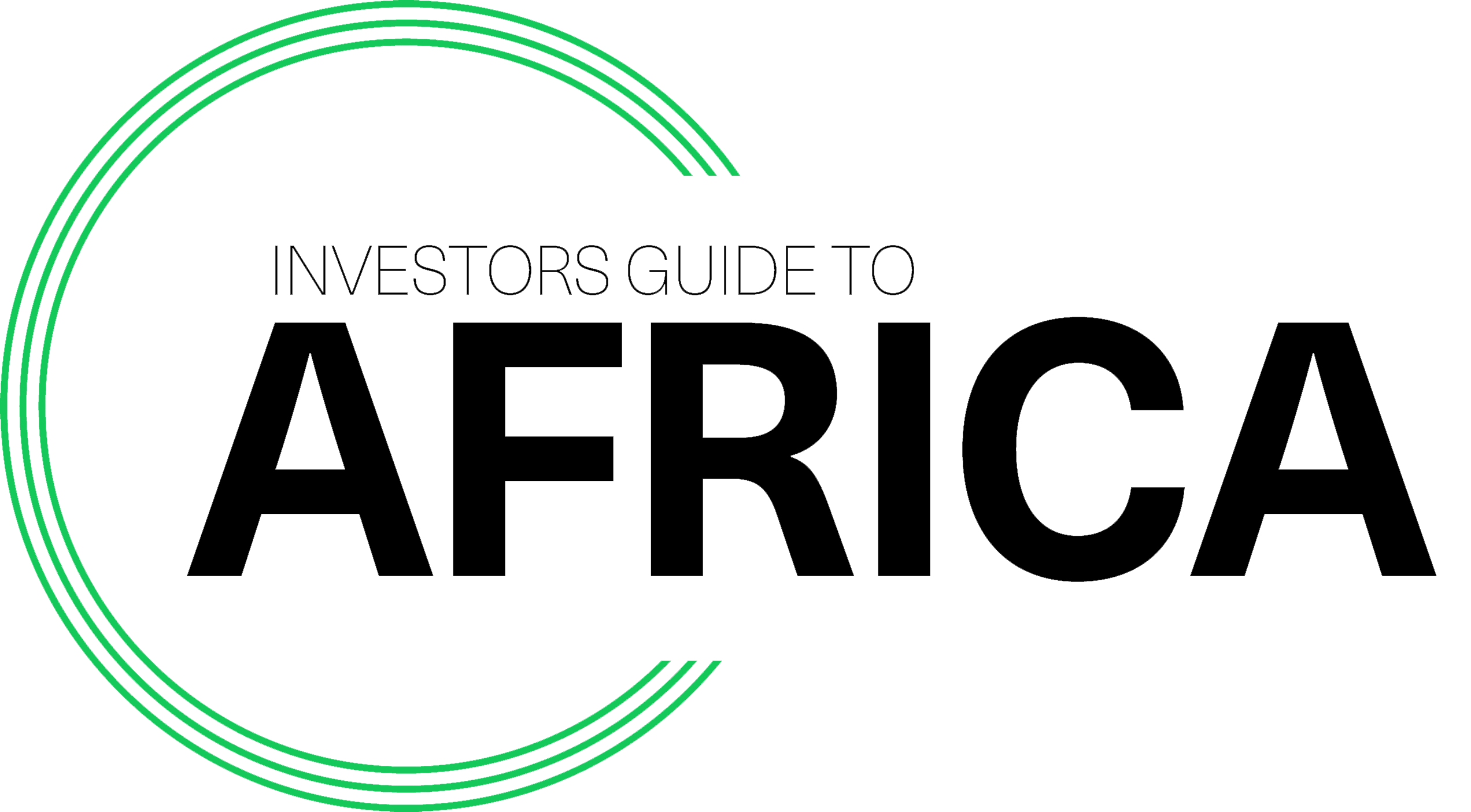Rwanda: The Land of a Thousand Opportunities
Rwanda, the small but mighty nation in the Great Rift Valley of central Africa, is known as ‘the land of a thousand hills.’
Perhaps a more appropriate moniker would be ‘the land of a thousand opportunities’, for here, a can-do attitude is helping to pioneer an ambitious and forward-looking new narrative that seeks to harness the unfulfilled potential of the continent and has Rwanda on a fast track to becoming the Singapore of Africa.
No longer are African nations defined by their dependent and subordinate relationships with this or that global power, but rather, setting their own agendas and striking partnerships with any number of suitors as they see fit.
Africa is the future. Rwanda is at the forefront of that future and the world is waking up to that fact. Soon those that would court Rwanda will be beating a path to its door for a piece of the action. The wisest investors are getting in early to share in this inevitable bounty and eyeing up returns no other region on Earth can hope to deliver.
Rwanda offers up some of the most fertile conditions for investment and has undertaken a process of diversification that has financial services and fintech at its heart, but which has also created myriad opportunities in transport and logistics, health, manufacturing, infrastructure, energy distribution and transmission, off-grid energy, agriculture and agro-processing, affordable housing, tourism services, ICT, mining, construction and real estate.
Over recent years, a series of legislative and regulatory developments have helped Rwanda both improve the business climate and in turn, FDI flows.
This included a 2021 law to attract talent and to promote innovation and diversification, as well as laws around insurance, central banking, capital markets, collective investment schemes, foundations, trusts, data protection and digital assets, alongside enhanced dispute resolution mechanisms.
Yet, perhaps the most significant piece of legislation was the 2015 investment code, which brought in tax breaks and other incentives for investors, while removing obstacles such as limits on foreign ownership or control.
As a result, international companies establishing their headquarters or regional office in Rwanda can now benefit from a preferential corporate income tax rate of 0%. Meanwhile any investor can look to rate of 15%, a corporate income tax holiday of up to 7 years, exemption from taxation on capital gains and of customs tax for products used in Export Processing Zones, as well as VAT refunds.
In addition, new measures are in place designed to lead to greater coordination between the various institutions governing and regulating FDI, while ongoing liberal policies from Rwanda’s Kagame administration are helping to make Rwanda a trade and services hub. Beyond financial services and fintech, aquamarine, ruby and sapphire resources have also been identified as untapped future commodity drivers of Rwanda’s prosperity, while it has been determined that the country’s significant tourism potential must also be capitalised upon.
Rwanda is, of course, not without its challenges, and those presented by landlockedness, low human resources capacity, poor infrastructure, political instability in neighbouring countries in the Great Lakes region, and the high dependence on commodity prices are perhaps the most acute. Yet despite this, and like so many countries that have experienced national trauma, so has followed a rebirth that has allowed for a new dawn.
Modern Rwanda is on a mission, and this has found particular expression in the restructuring of the local banking and financial sector to make it the preferred destination for sophisticated and compliant financial services and cross-border financial transactions within Africa.
Institutions, capital markets, regulatory, legal and compliance frameworks have all been subject to deep dive reforms, while the Rwanda stock exchange is rapidly growing in stature. In parallel, there has been marked progress around AML and CFT, while Rwanda can also point to numerous double taxation avoidance agreements (DTAAs).
The Kigali International Finance Centre (KIFC) is set to transform Rwanda’s capital into a globally renowned financial hub and will act to drive the creation of highly skilled employment in that sector. Its existence is set to help cement Rwanda’s status as a safe and compliant jurisdiction for those looking to structure and domicile investments in Africa.

